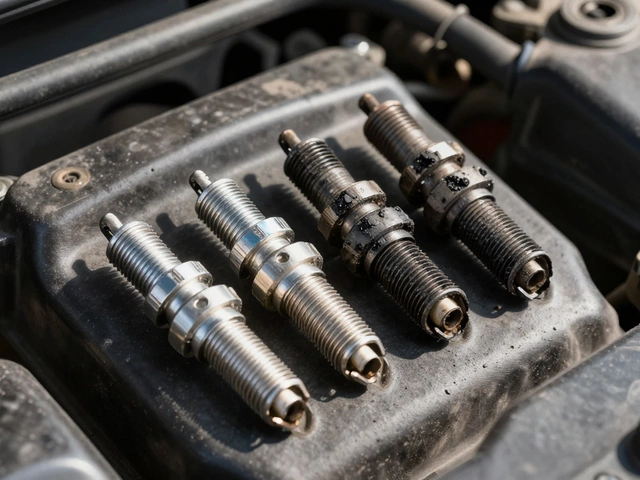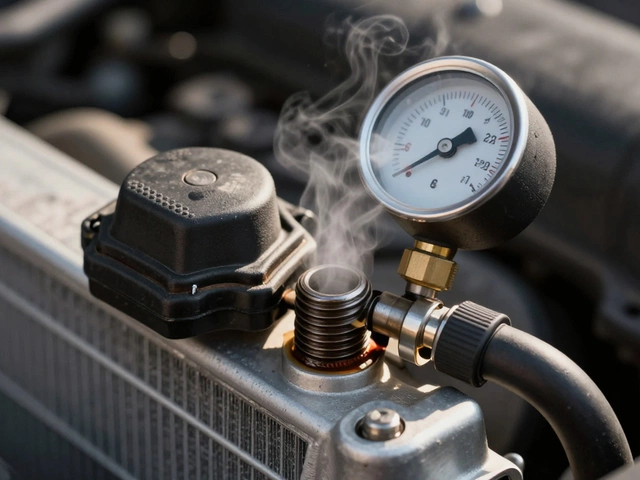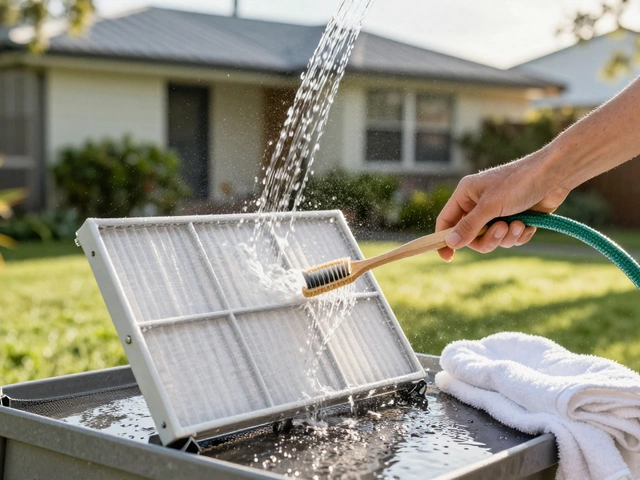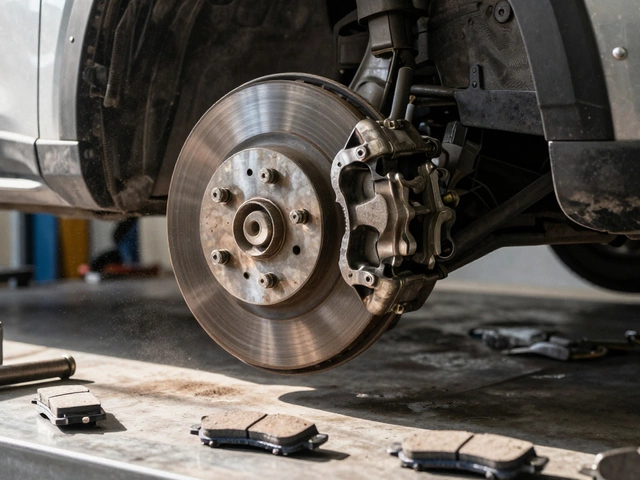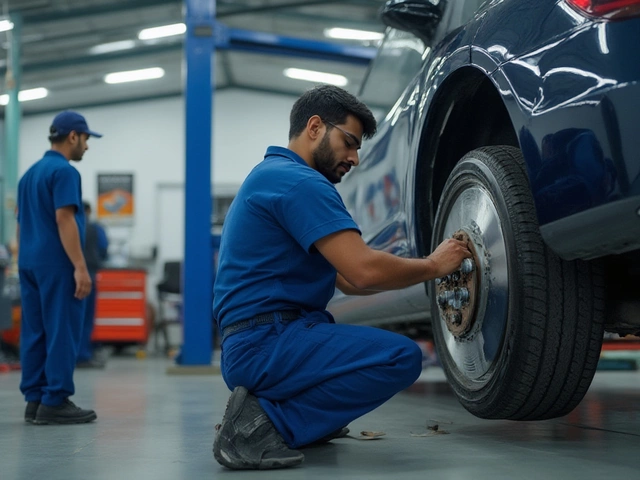Gas Mileage Made Simple: Real Ways to Get More Miles per Gallon
Ever feel like you’re constantly refilling the tank? You’re not alone. Most drivers lose a few mpg simply because of everyday habits they don’t even notice. The good news? Small tweaks can add up to big savings.
Check Your Driving Style
Hard acceleration and sudden braking are fuel‑hungry. Try to keep your foot steady on the gas, and anticipate stops so you can coast instead of slamming the brakes. Even a gentle tap on the accelerator instead of a full‑gas press can improve mileage by up to 15%.
Another easy win is to stay in the highest gear possible without lugging the engine. When you’re cruising on the highway, shift up early and let the engine run at lower rpm. Lower revs mean less fuel burned for the same speed.
Maintain Your Car Regularly
Regular maintenance is the backbone of good fuel economy. A dirty air filter restricts airflow, making the engine work harder. Swapping it out every 12‑15k miles (or when you see it looks dirty) can boost mpg by a few points.
Tire pressure matters more than you think. Under‑inflated tires increase rolling resistance, which can shave 1‑3 mpg off your average. Check the pressure once a month and keep them at the manufacturer’s recommended level.
Don’t forget the oil. Using the right viscosity oil for your climate reduces friction inside the engine. Modern synthetic oils often claim up to 2% better mileage, and the price difference is negligible compared to what you’ll save on gas.
Weight and aerodynamics also play a role. If you’re not using a roof rack, take it off – it creates drag that can cut fuel economy by up to 5%. Likewise, remove unnecessary items from the trunk; that extra weight adds up, especially on city drives.Planning your routes can make a noticeable difference. Combining errands into one trip, avoiding rush‑hour traffic, and using navigation that suggests the most fuel‑efficient path reduces idle time and stop‑and‑go conditions.
Lastly, consider your fuel type. If your car is designed for regular unleaded, there’s no benefit to switching to premium – you’ll just spend more. However, if the manufacturer recommends a higher octane, using it can prevent engine knock and keep performance optimal.
By tweaking how you drive, staying on top of maintenance, and being mindful of weight and aerodynamics, you can squeeze several extra miles out of every gallon. It’s not rocket science – just a handful of habits that add up over months and years. Start with one change today, track your mileage, and watch the savings grow.

Do Mufflers Actually Boost Gas Mileage?
Mufflers play a crucial role in reducing noise from a vehicle's exhaust system, but their influence on gas mileage is a topic of discussion. This article explores whether a muffler can enhance fuel efficiency and the factors that come into play, such as design and vehicle compatibility. Providing practical insights and tips, it helps readers understand the impact of mufflers on fuel consumption. It also delves into how the right choice of components can potentially optimize a vehicle's performance.
CONTINUE READING
